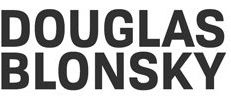Innovation
Doug has developed innovative management and preservation practices that have set the standard for urban park management worldwide.
Zone Management
To sustain a well-managed and well-maintained Park, Doug implemented a Zone Management System in 1995. Staff members were assigned to one of 49 geographic “zones” in the Central Park, which to this day encourages accountability, pride of workmanship, and clear and measurable results. This system has been integral in the restoration and rigorous upkeep of Central Park’s landscapes. The results are visible.
Trash Management
In 2013, Doug led the development of a trash management system that resulted in the design and patenting of garbage and recycling receptacles specific to Central Park’s unique waste management needs. This led to the installation of more than 700 receptacles which transformed the Park’s approach to trash. He also oversaw the implementation of a new fleet of 52 electric carts for garbage collection to replace gas-powered carts. Quieter, with no emissions, these new carts not only help to make waste management cleaner and greener, but enhance the visitor experience of Central Park.
Event Management
Doug developed and streamlined the operational logistics of some of the largest events in New York City history, including the annual New York City Marathon; Christo and Jeanne-Claude's art installation The Gates; the September 11th first anniversary remembrance; annual performances by the New York Philharmonic and Metropolitan Opera; concerts by Garth Brooks, Sheryl Crow, Sting, Dave Matthews, Bon Jovi, Andrea Bocelli, and the Black Eyed Peas; the premiere of Disney’s Pocahontas; and a Mass given by Pope John Paul II.
Institute for Urban Parks
Under Doug's leadership, the Central Park Conservancy Institute for Urban Parks was established to provide education, hands-on training, resources, and technical assistance to other park partners, public agencies, and urban park professionals. In 2017, the Institute for Urban Parks partnered with the CUNY School of Professional Studies to develop an Urban Park Leadership Program geared toward executives and leaders of public-private park partnerships.
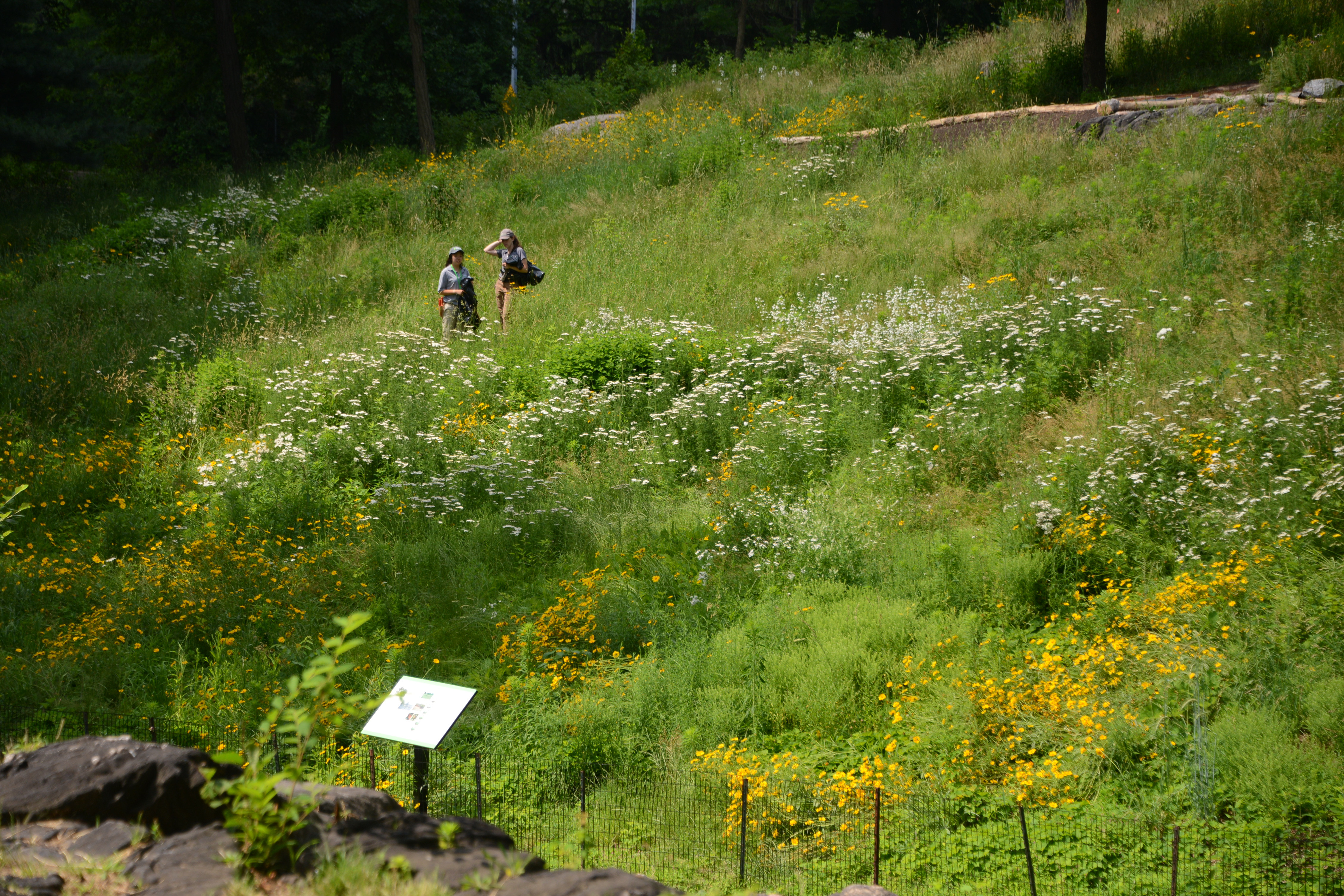
Zone Management
To sustain a well-managed and well-maintained Park, Doug implemented a Zone Management System in 1995. Staff members were assigned to one of 49 geographic “zones” in the Central Park, which to this day encourages accountability, pride of workmanship, and clear and measurable results. This system has been integral in the restoration and rigorous upkeep of Central Park’s landscapes. The results are visible.
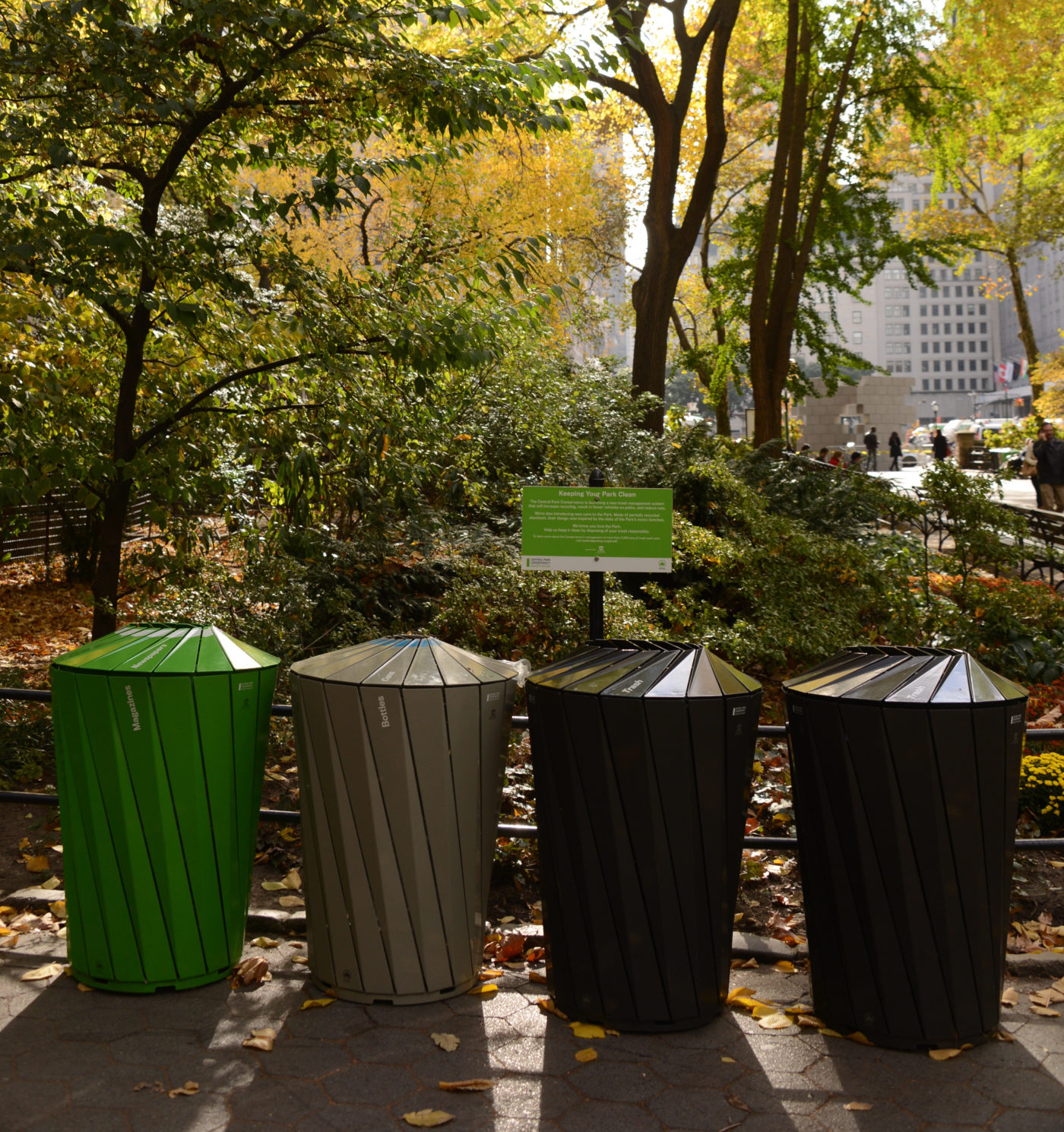
Trash Management
In 2013, Doug led the development of a trash management system that resulted in the design and patenting of garbage and recycling receptacles specific to Central Park’s unique waste management needs. This led to the installation of more than 700 receptacles which transformed the Park’s approach to trash. He also oversaw the implementation of a new fleet of 52 electric carts for garbage collection to replace gas-powered carts. Quieter, with no emissions, these new carts not only help to make waste management cleaner and greener, but enhance the visitor experience of Central Park.
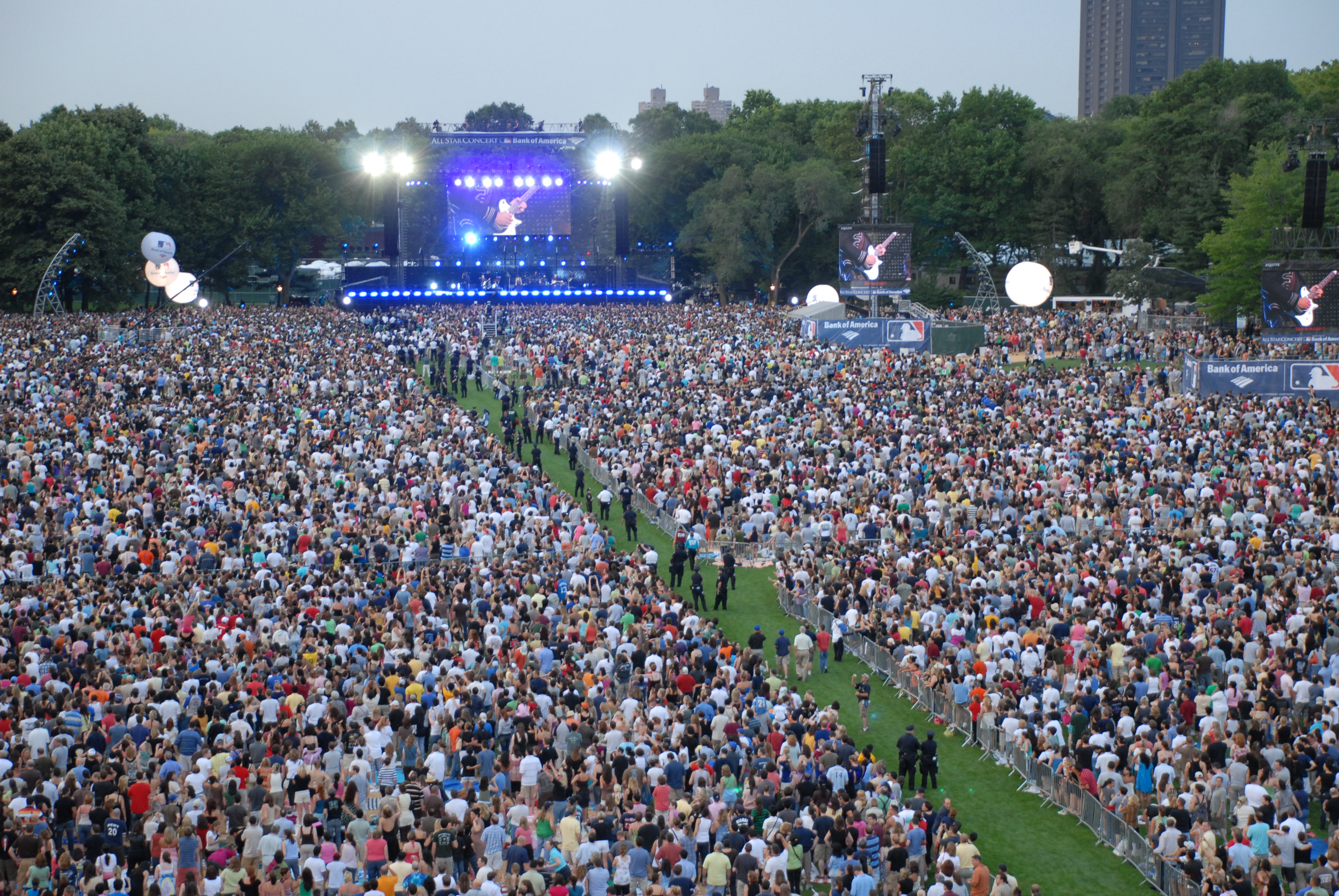
Event Management
Doug developed and streamlined the operational logistics of some of the largest events in New York City history, including the annual New York City Marathon; Christo and Jeanne-Claude's art installation The Gates; the September 11th first anniversary remembrance; annual performances by the New York Philharmonic and Metropolitan Opera; concerts by Garth Brooks, Sheryl Crow, Sting, Dave Matthews, Bon Jovi, Andrea Bocelli, and the Black Eyed Peas; the premiere of Disney’s Pocahontas; and a Mass given by Pope John Paul II.
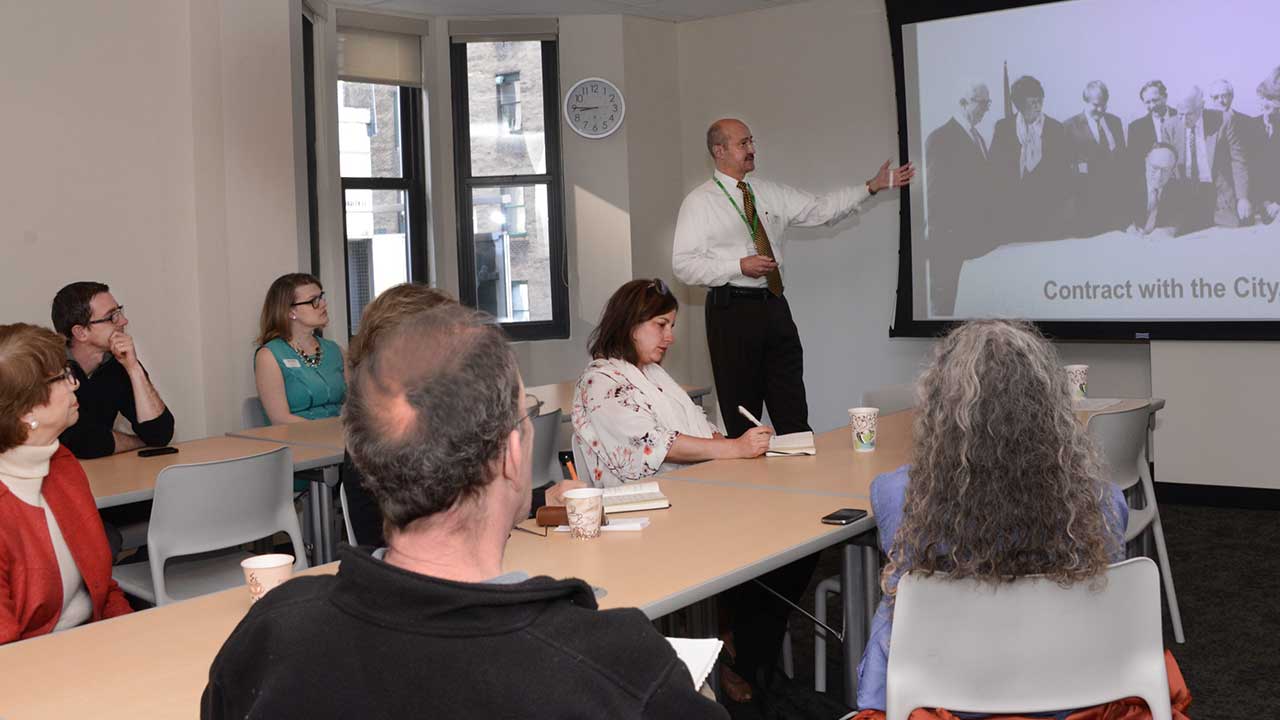
Institute for Urban Parks
Under Doug's leadership, the Central Park Conservancy Institute for Urban Parks was established to provide education, hands-on training, resources, and technical assistance to other park partners, public agencies, and urban park professionals. In 2017, the Institute for Urban Parks partnered with the CUNY School of Professional Studies to develop an Urban Park Leadership Program geared toward executives and leaders of public-private park partnerships.
